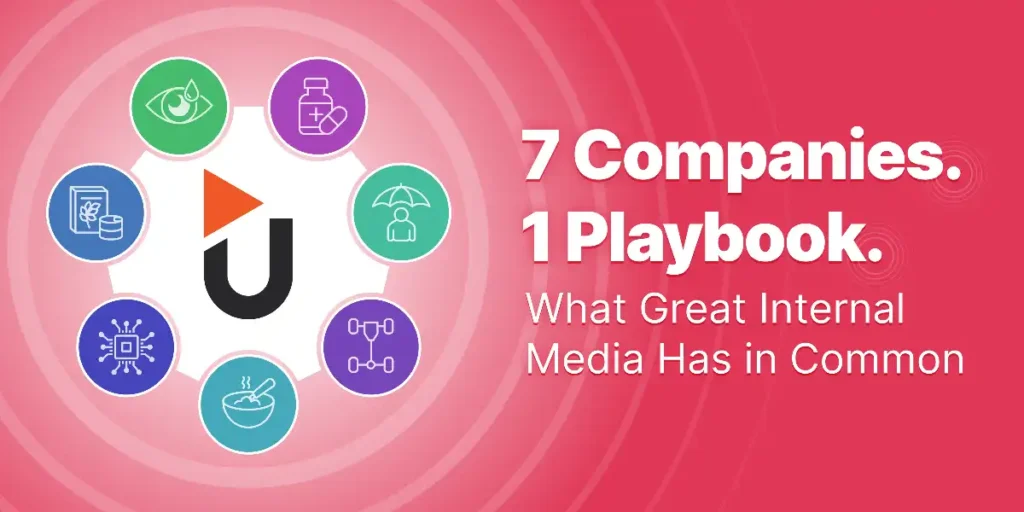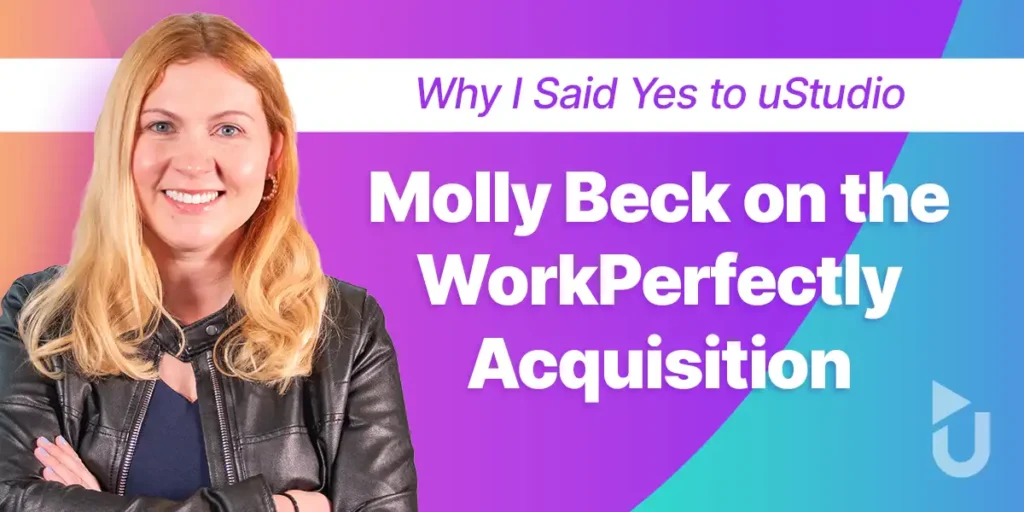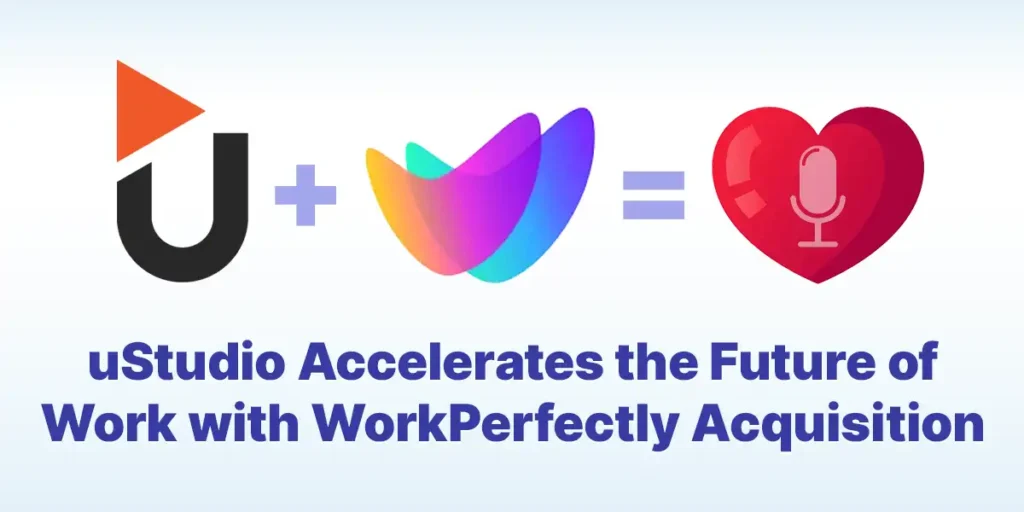The Power of Private Podcasting in The Digital and Remote Age
uStudio Staff | Podcasting

More than half of all Americans listen to podcasts, with the average listener consuming over six hours of content a week. While many well-known podcasts are often focused on entertainment, you may not be aware that business podcasts are quickly emerging as a more effective channel for business stakeholders: your workforce, your partners, investors and customers.
Rather than publishing a company podcast on major streaming platforms where they are bound to get lost in the noise, there are distinct benefits to private podcasting. As podcasting, in general, continues to gain popularity, forward-thinking internal communications, training and leadership teams are taking advantage of our new preference to listen.
What is Private Podcasting?
Not everyone has heard of private podcasting, also known as internal podcasting, as most RSS feeds aim to get as many listeners as possible, which necessitates public access. By contrast, professional, or business-based podcasts are not aiming to top the listening charts; they serve a different purpose. With a private, internal podcast, you control the content and who listens to it and you get all of the analytics, all of which give businesses ultimate control and security over the content.
One of the most popular uses is sales enablement, where internal podcasts act as learning opportunities that meet sales teams where they are and not forever holding them to low engagement portals on their laptops.
Better On-the-Go Training for Sales Enablement
Sales agents are moving fast and are perpetually on the go, limiting set time for learning or catching up on changes from HQ. The idea of micro learning sessions, where agents sit down to study, relies on dedicated, focused time that not everyone has these days. Internal podcasting allows for microlearning that takes far less time and lets employees continue their lives while listening. It’s unreasonable to tie sales agents to their laptops when such a convenient, painless, and proven alternative exists. With internal or private podcasting, agents can quickly listen to updates and use that information immediately as they go about sales operations without needing to put everything on hold for an hour-long video call.
One should look at companies like Salesforce to see how one team effectively used private podcasting for sales enablement. While Salesforce Radio comprised multiple shows and episodes, each served a purpose, and the content format was tailored to suit that purpose: a three-minute news show recapping everything within the company, a ten-minute deeper dive news show, and a long-running cast turned into audiobooks of sorts, so all sales knowledge can be consumed on the users schedule. Two other shows or internal podcasts focus on different teams and career guidance for all employees.
Not everything is actionable information or new sales goals. An agent who landed a new deal gets to share their success, and people who cannot attend the company’s annual Dreamforce conference still get to participate remotely. Fostering healthier and happier sales teams who aren’t totally reliant on emails ultimately improves job performance, which is the ultimate benefit for private podcasting.
Ultimate Convenience
Instead of setting aside time for everyone to listen to the news, a private podcast lets employees listen from anywhere without entirely disrupting an activity. An agent can listen to new sales data or training materials while driving to the office, or a remote worker could listen to the day’s updates while making dinner. Studies have shown information is retained better through audio listening than simple text reading, making private podcasting more effective than sending out an onboarding booklet or recap email.
Salesforce employees were thrilled with the benefits, with the immediate reactions being gratefulness, according to Noelle Moreno, who ran the Creative and Content Strategy. Employees are pleased they can listen throughout the journey of their day, on their own time.
As remote and hybrid work becomes the new norm, employers need a convenient and efficient way to train new employees. Traditionally, that process was always in person and often required coordinating different schedules so everyone could be in the same room to learn the same lessons. While the old, in-person methods still work, they are a logistical challenge that has left many businesses looking for a better way. With private podcasting, employees can listen to content on their own time and in their own setting rather than scheduled training appointments. Training employees remotely can be just as effective as traditional lessons — with reduced costs, better information retention, and more employee autonomy.
Track Performance
Company leaders want to see which shows and episodes get the most engagement, and private podcast analytics can track which episodes are most listened to, which ones resonate the best with employees, and which episodes missed the mark.
Business teams do this by investigating where content gaps are and seeing how their audio and video content can improve. Though the spirit of many shows is DIY, the lessons learned have an impact on content strategy.
Analyzing show performance is a critical component of a private podcasting plan. Making future episodes from the data-driven insights you gain will improve content over time. The uStudio dashboard even highlights how much of an episode a person listens to, so you can see if employees are dropping off around the same spot.
Creating a private podcast may be a new idea for many companies, but there’s no arguing the benefits and how well the practice integrates into our increasingly digital and remote work life. Ready for your internal podcasting journey? We’re to help—get started for free.


